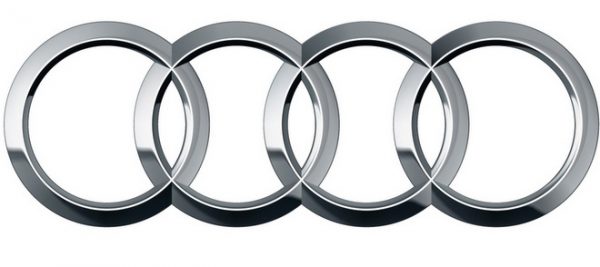By Marc Stern
Reprinted with Permission from torquenews.com
As Audi leaves World Endurance Racing, its new involvement in the Formula E electric series should help it with advancing electric vehicle technology.
By now, everyone knows that Audi will be leaving the prestigious World Endurance Championship (WEC) next year. And, though the Volkswagen diesel emissions scandal does figure prominently in the withdrawal plans, there is another very subtle, yet far more important reason that the VW subsidiary is pulling out, electric cars.
Audi has been campaigning diesel vehicles in the WEC – 24 Hours of LeMans, 12 Hours of Sebring, among others – for nearly two decades. For 13 of the 18 years, it has been running its vehicles there, Audi has won, which is no small source of pride to the automaker. Indeed, just to survive and finish in the top 10 of LeMans is no mean feat.
Audi Shifting To Electrics
It is a feat, though, that is becoming history at Audi as the automaker shifts its focus to electric racing cars. Yes, there is a series devoted to electric vehicles, the Formula E electric series. Audi apparently believes that as the automotive world, in its search for zero emissions vehicles, will include a higher proportion of electrics in the mix. It wants to be a major player in the field. In fact, Audi is seeking to boost the share of electrics in its global sales forecast to 25 percent in seven years.
“We will conduct the face for the future on electric power,” Rupert Stadler, Audi chief, told workers in the sports car division recently. It will be the biggest change in the brand’s history. “As our production cars are becoming increasingly electric, our motorsport cars, as Audi’s technological spearheads, have to [be] even more so,” he said.
Notice Stadler’s statement that its electric race cars will be “…Audi’s technological spearheads.” It stands to reason, as well. For years, many have wondered exactly why an automaker would campaign race cars from track to track, keeping teams of mechanics, drivers and others out there when it would be just as easy to save the major sums necessary to campaign two cars by abandoning racing.
The easy answer is that while race cars are technologically sophisticated and they bear about as much relationship to everyday vehicles as a jetliner does to a Space X® rocket, there is something far more symbiotic about the relationship between racing and carmaking. Developments in one feed the other.
Going back to the early days of racing, race cars have been the test beds or mules on which ideas were tried out. For example, the first hydraulic brakes were tested a century ago in racers and the drums and pads were perfected, along with the hydraulics, so that the transition to consumer use in everyday vehicles was pretty seamless. By 1925, hydraulic brakes were standard across all makes. Granted, this is an apocryphal story – one that has come from the dim history of automobiles – but it still has the ring of truth.
A Brief History Of Defrosting
